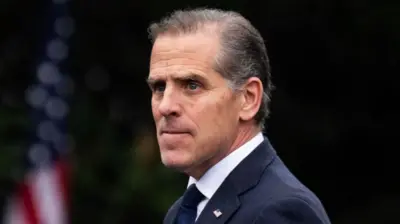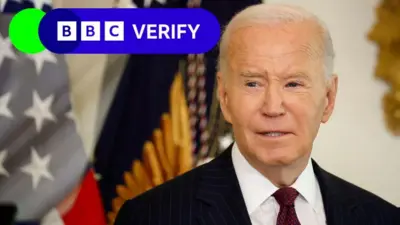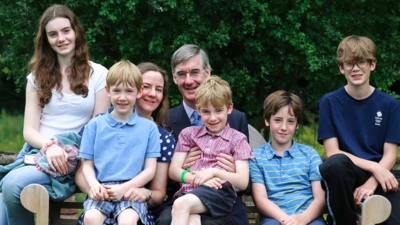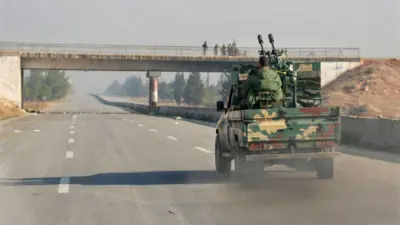We've updated our Privacy and Cookies Policy
We've made some important changes to our Privacy and Cookies Policy and we want you to know what this means for you and your data.
Profile: Chang Song-thaek
Top Stories
Chang Song-thaek, uncle of North Korean leader Kim Jong-un, was seen as a major figure in his administration before his dismissal, trial and immediate execution in December 2013.
As vice-chairman of the powerful National Defence Commission (NDC) he had sat at the heart of the communist country's leadership.
His family ties - and close relationship with late leader Kim Jong-il - had been thought to have given him considerable influence over North Korea's young leader.
Some observers saw him as the power behind the throne, advising his relatively inexperienced nephew.
Images from the elder Kim's funeral showed Kim Jong-un walking beside a car carrying his father's coffin, Chang just a few steps behind him.
Top Stories
The purge of Mr Chang signals a major shake-up in the North Korean leadership.
'Re-education'
Chang Song-thaek, a party veteran and administrator, had overcome a number of setbacks to secure his position at the heart of the leadership.
Top Stories
When the reportedly charismatic young man met Kim Jong-il's younger sister, Kyung-hee, at university, the two began a relationship.
Late President Kim Il-sung was against the union because the two came from different social cliques, and he forced Mr Chang to change universities.
But he gave in after his daughter pleaded with him and the two were allowed to marry. They had one child, a daughter, who is said to have died.
Mr Chang joined the administrative ranks of the Korean Workers Party (KWP) in the early 1970s and climbed steadily. In 1992, he was elected to the party's Central Committee.
A decade later he was firmly ensconced in the upper echelons of power, as a director of a department that oversaw all other government and military departments within the party.
At the time he was seen as one of the most powerful figures in the country. But his fortunes changed and in mid-2004, despite his place in the Kim family, he disappeared from public view.
One report, citing South Korean intelligence, said he was under house arrest in Pyongyang. Others suggested he had been sent for "re-education".
It is not clear what caused his removal from power, although analysts speculated that he had gathered too much influence.
Either way, he did not reappear until January 2006. After that, however, his rehabilitation appears to have been rapid.
'Neighbourly friendship'
In late 2007, Mr Chang became the head of a party department overseeing police and the judiciary.
State media increasingly reported his presence at Kim Jong-il's side on official visits around the country.
Observers also suggested that Mr Chang played a more prominent role when Kim Jong-il was incapacitated after his stroke in 2008.
With his appointment to the NDC in 2009, Chang's key leadership position was formalised. And he was further elevated in 2010 when he was named the top military body's vice-chairman.
At the time, the move was seen as putting key personnel in place to ensure a smooth transition from father to son in the event of Kim Jong-il's death.
When Mr Kim's death came less than two years later, Mr Chang figured prominently in state commemorations for the late leader.
Months later, in another sign of his apparent clout, Mr Chang met then Chinese President Hu Jintao in August 2012.
His visit to Beijing was seen as focusing on economic issues - a sign he may have wanted to reform North Korea's stagnant economy.
Mr Chang had "done a great deal of work to develop neighbourly friendship between China and North Korea", Chinese state media quoted Mr Hu as saying. The two sides later signed a raft of economic deals.
In December 2013 North Korean state media said Mr Chang had been removed from office for "criminal acts".
A meeting of the politburo of the Central Commitee of the ruling Workers' Party found he had "committed such anti-party, counter-revolutionary factional acts as gnawing at the unity and cohesion of the party".
"Chang pretended to uphold the party and leader but was engrossed in such factional acts as dreaming different dreams and involving himself in double-dealing behind the scenes," official reports said.
It was only a few days after this that Mr Chang appeared before a special military tribunal, which found him guilty of treason.
Describing him as "worse than a dog", the tribunal found he had "formed a faction as the boss of a modern day factional group for a long time and thus committed such hideous crimes as attempting to overthrow the state," the state news agency, KCNA, reported.
He was executed immediately.
Aside from signalling major changes to North Korea's leadership, his dramatic fall also raises questions over who now has the ear of the young leader Kim Jong-un.
Top Stories
More to explore
Most read
Content is not available








